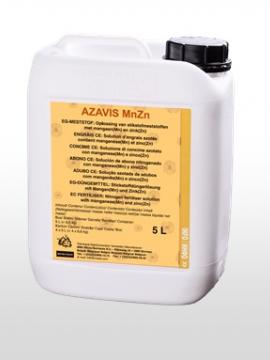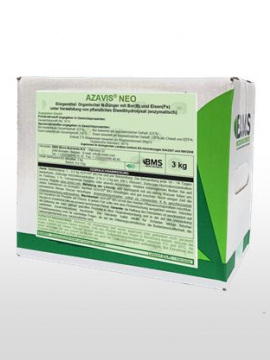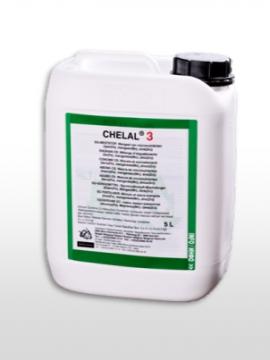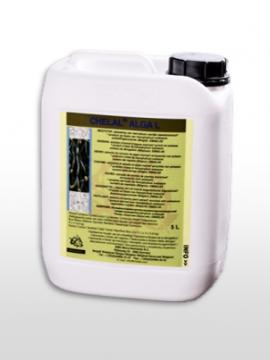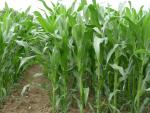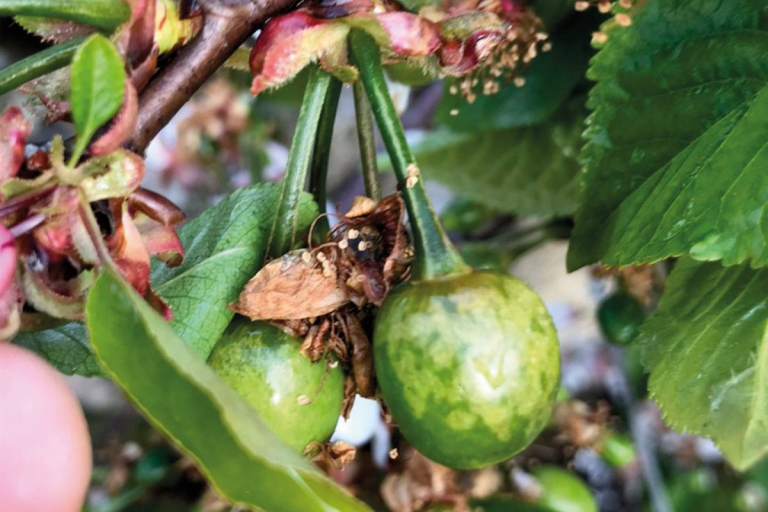You are here
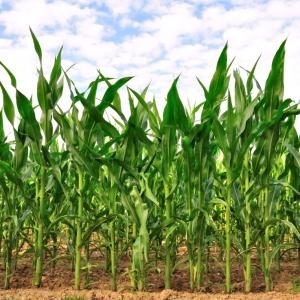
Corn
Moderate to high sensitivity to the deficiency of: Cu, Zn
Low to moderately sensitivity to the deficiency of: Mg, B, Fe, Mn
(the sensitivity to the deficiencies of these nutrients can vary in function of the variety)
Of the 6 trace elements, zinc is without any doubt the most important one for Corn. In many circumstances is the availability of this element in the soil, a limiting factor and thus also a determining factor for the production and thus the profitability.
This crop has not only very high needs for this element, but the root system has also a poor capacity to absorb this element from the soil specifically with low temperatures (in spring when the plant is still small). It is just during these juvenile stages of its development, that Zink plays an important role for the plant: it stimulates the production of plant hormones such as auxines which regulate the growth of the plants.
Reduced juvenile growth caused by even a light deficiency, will seldom be caught up and will have an effect on the production and profitability at the end.
Zinc
BMS Micro-Nutrients has various products that can be used to apply zinc to this crop:
- Chelal Zn: Chelal Zn is a completely chelated product with 3 chelating agents. The best results in Corn are obtained if this product is applied early in the growth cycle (possibly together with applications of herbicides (for all mixtures consult our compatibility lists) in pre or post germination.
- Landamine Zn: Landamine Zn is a product that contains also P. The combination of P and Zn makes of this product an ideal product “STARTER”-treatments. We recommend using this product in the rows during pre or post germination.
- Viener Zn: Viener Zn is a product developed for the treatment of the seeds. Please consult our technical staff for more information about this product.
Manganese and magnesium
The other products important for corn are: Magnesium and Manganese. These 2 elements influence the photosynthesis directly and thus also the yield.
To treat the deficiencies of these elements BMS Micro-Nutrients recommends the use of respectively Chelal Mg and Chelal Mn, from the appearance of the first symptoms or alternately preventive from the moment the plant has enough leaf area.
Results of various trials done on corn in 2014, confirm the effectiveness of the Foliar Programs of BMS MN.
1. Corn – France: the reduction of 20 % of the soil fertilization, combined with foliar applications of Kappa M and Chelal Zn, gave a 12 % increase in yield, resulting in a net economical gain of around 120 euro per hectare.Corn France
2. Corn – Italy: the reduction of 63 % of the nitrogen fertilization (176 units N less per ha), combined with foliar applications of Azavis MnZn and Chelal Zn, gave a 5 % increase in yield, resulting in a net economical gain of around 310 euro per hectare.
Corn Italy - Bottura
3. Corn – Italy: the reduction of 38 % of the nitrogen fertilization (78 units N less per ha), combined with foliar applications of Azavis MnZn, gave a 4 % increase in yield, resulting in a net economical gain of around 84 euro per hectare.
Corn Italy - Terremerse
